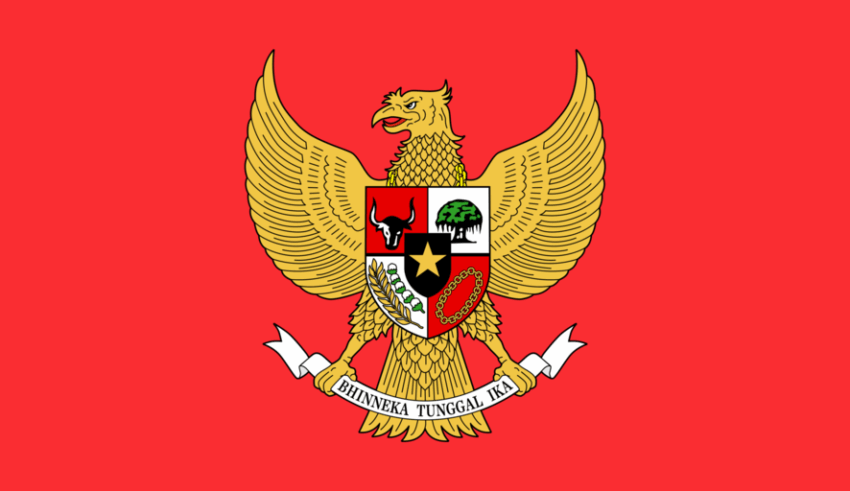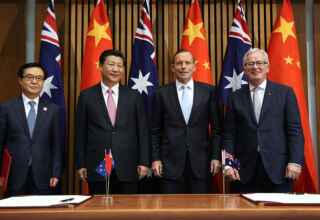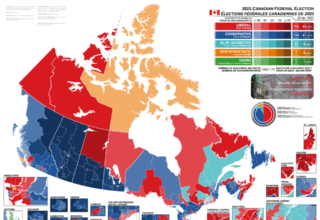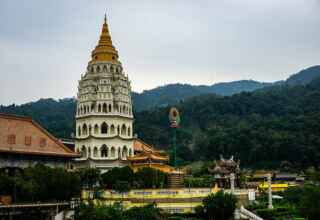
Indonesia has long been seen as a beacon of democracy in Southeast Asia, especially after the fall of the authoritarian regime of President Suharto in 1998. The transition from a military-dominated government to a democratic system was a significant achievement, offering hope that a more open and inclusive political environment would emerge. However, in recent years, there has been growing concern about the increasing influence of the military in Indonesia’s political sphere, raising questions about the future of democracy in the country.
Fear of the possible return of an authoritarian regime sparked among the approval of the latest amendment, a 2004 military law, which expanded the military force’s role into civilian and political affairs. The new law indeed allows active-duty military personnel to join official positions within the government institutions without the need to resign from their defence role.
Under Suharto’s leadership, a strong military regime led to the killing of over one million people between 1965 and 1966, also facilitating the genocide in East Timor. Indonesian troops at the time already had a dual function: they were on one side maintaining their duty in defending national interests, and on the other, they were also managing the country through public officials’ roles, such as ministers and governors. After the fall of Suharto’s regime, the newly elected government still maintained a certain dependency on the military: the Indonesian National Armed Forces (TNI) have indeed continued their role as protectors of national security, while also handling natural disasters, participating in economic projects, and appointing several retired military officers to key government positions.
The gradual expansion of military involvement in civilian and governmental roles has then peaked with the recently approved law. The appointment of military figures to governmental roles is perceived as an effort to restore the military’s prominence in Indonesian politics, albeit in a more subtle form. Such developments are raising alarms among pro-democracy groups who fear that the country’s democratic consolidation may be at risk.
While the TNI is often presented as a stabilizing force in Indonesia’s diverse and sometimes fractious society, its increasing power can eventually undermine the space for democratic processes to flourish. The military’s historically strong role in suppressing political opposition, as mentioned in the 1998 student protests and the events surrounding East Timor’s independence, serves as a reminder of the risks that increased military power poses.
After the passing of the law, crowds in major cities gathered to express their disapproval and growing concern about the return of the military’s dual function. Furthermore, activists complained that there was a lack of transparency before the passing of the revised law: they indeed questioned the speed at which the law was revised, as it was rushed in the course of a weekend, and the fact that the meeting was held in a private place, while it should have been treated as a matter of public interest.
As the military gains more influence, pro-democracy movements and international actors must remain vigilant to ensure that the gains of Indonesia’s post-Suharto democratic transition are not reversed. While the government may argue that the military is necessary to maintain stability, the reality is that its expanding influence could pose a significant challenge to the country’s democracy.
By The European Institute for International Relations















